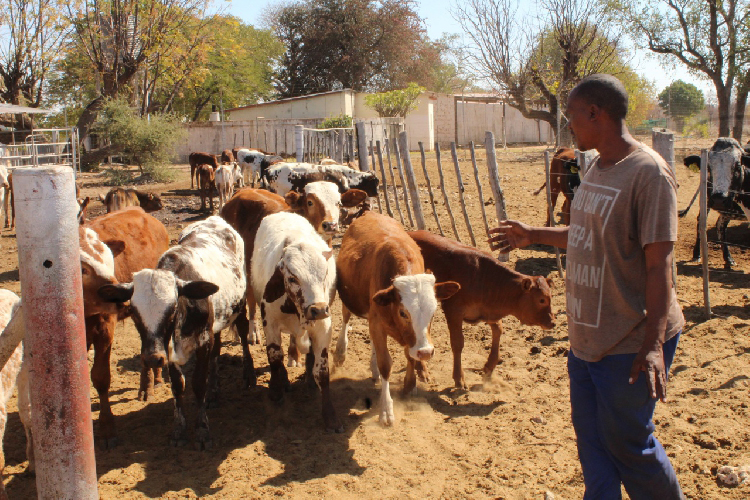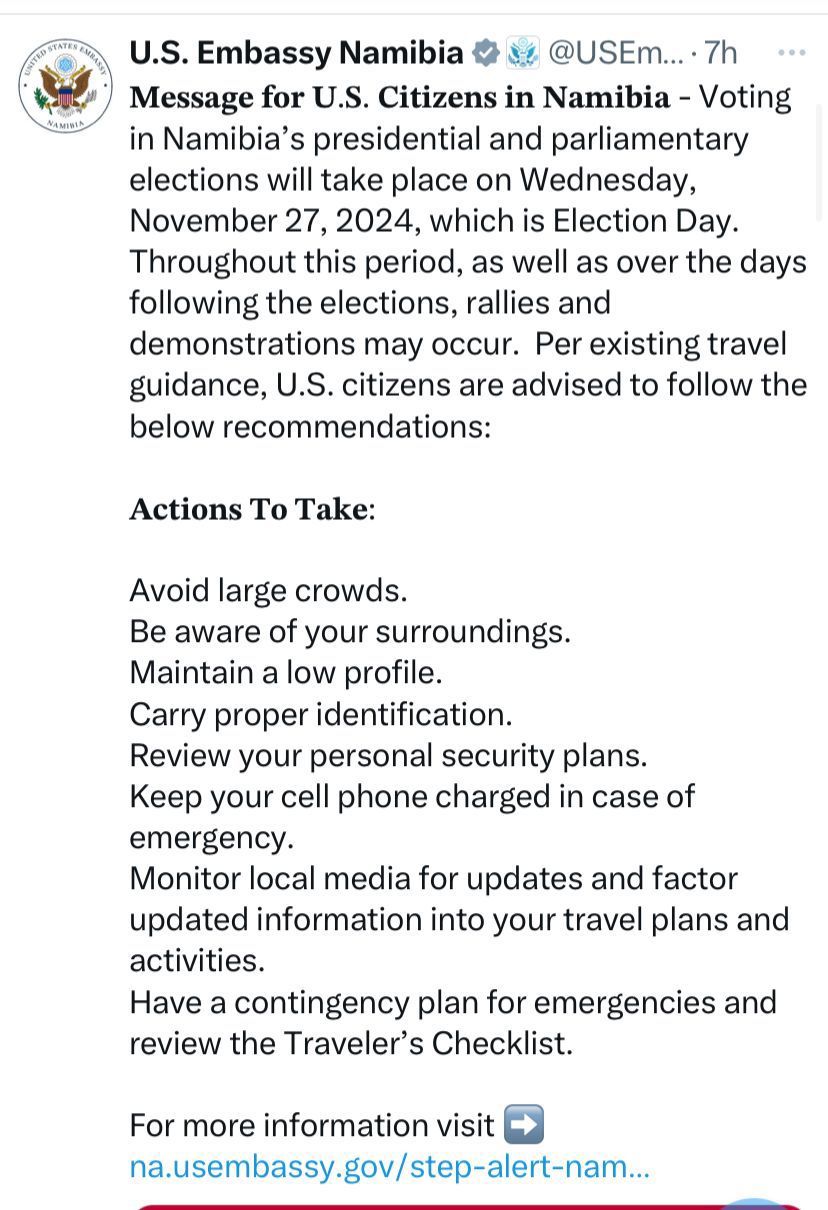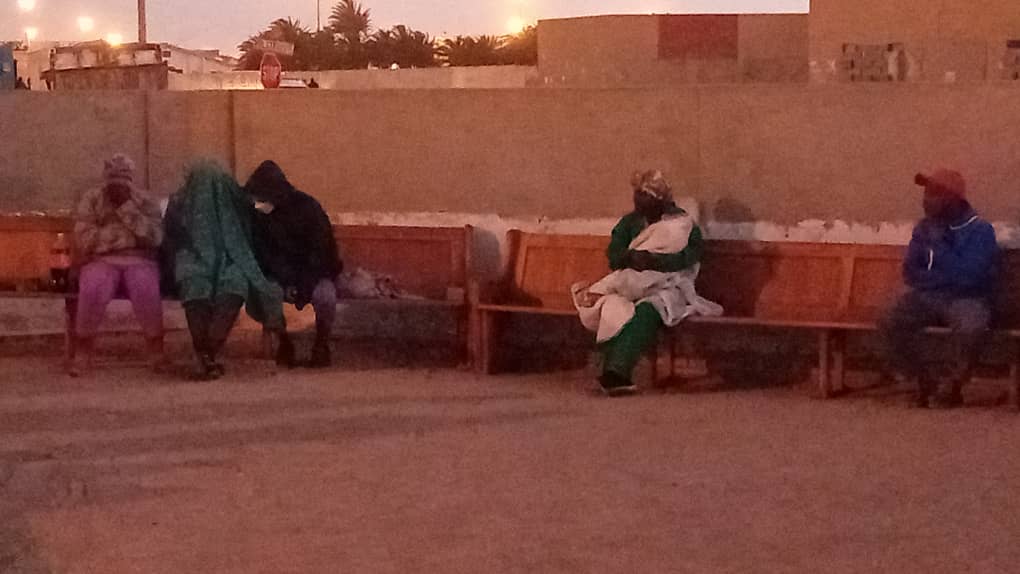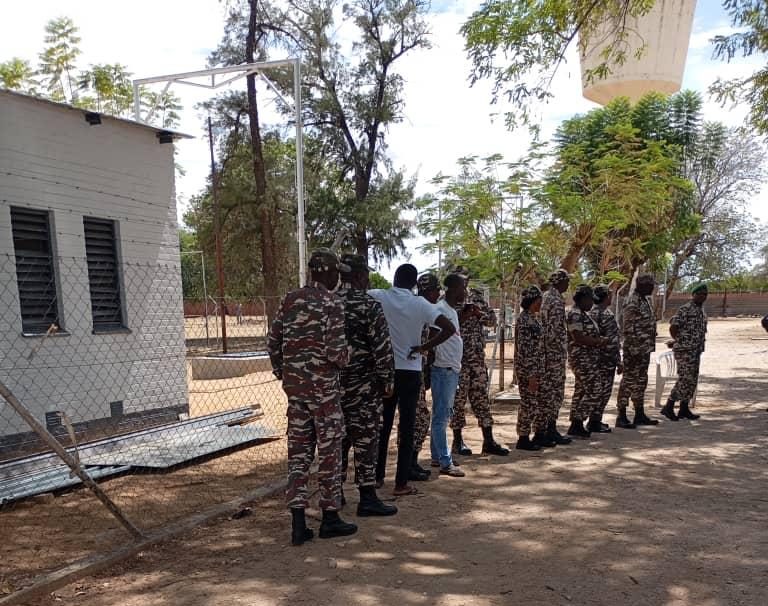The Ministry of Agriculture, Water and Land Reform has been urged to provide adequate training and financial support to resettled farmers.
This was the recommendation of the National Council standing committee on agriculture, environment and natural resources in a report compiled after an oversight visit to the Hardap, Khomas, //Kharas, Oshana, Omusati, Ohangwena and Oshikoto regions.
The purpose of the visit, undertaken from 11 to 28 September last year, was to assess the successes and challenges of the resettlement programme and identify mitigating measures for flood-prone areas.
According to committee chairperson Melania Ndjago, the oversight visit enabled the committee to gain a wide understanding of the resettlement programme and the challenges faced by resettlement farmers and Namibians who want to be resettled on land to farm productively.
The standing committee said the pre- and post settlement funds given to support farmers are inadequate to meet their needs, with many placed on dilapidated farms requiring extensive renovations and repairs.
These sentiments were echoed by Namibia Emerging Commercial Farmers Union executive manager Daniel Mahua.
He said the government must put more money into agriculture, in line with the Maputo and Malabo Declarations that encourage governments to invest 10% of gross domestic product in the sector.
“It does not make sense to resettle people on once commercial farms and not capacitate them to produce food, yet the country has to import most of its food requirements.”
Mahua said the union draws membership from resettled farmers, as well as those who acquired land through the Affirmative Action Loan Scheme.
The resettlement programme stipulates that the line ministry should support resettled farmers for five years, but this is not happening due to lack of human resources.
The Namibia National Farmers’ Union (NNFU) also supported the call to capacitate resettled farmers.
“That is what we have been advocating as a union, that more training be given to farmers because at the moment it’s not being provided adequately,” said NNFU president Adolf Muremi.

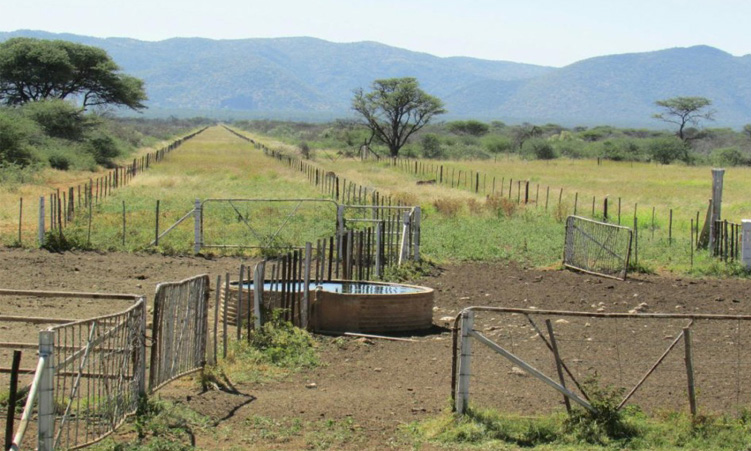
“This lack of monitoring had led to the government buying a farm that stood unoccupied for a number of years, resulting in vandalism of infrastructure.”
The ministry must develop a proper monitoring and evaluating system to rack all developments in the resettlement programme and review the resettlement criteria used to ensure the selection of suitable and deserving candidates. This will improve stakeholder involvement and coordination and make the programme a success, Ndjago noted in the report.
The committee urged the ministry to review the 99-year lease period to any time a lessee is able to purchase the land, to increase land ownership by previously disadvantaged members of the community.
The committee also requested the timely furnishing of allotment letters to farmers to enable them to access financial facilities.
The committee further urged the ministry to curb uncontrolled and illegal occupation of resettlement farms, which disrupts the success of projects earmarked for particular farms.

While commending the government’s efforts in land and water management, the committee noted that adequate resources are required to address the shortfalls.
After touring the Dordabis area, the committee recommended that urgent attention be given to the plight of the people to ease overcrowding at the settlement.
“More official visits to the area will not solve the matter. The community needs relief to restore their dignity and productivity,” noted the committee, while calling for the acquisition of a farm through funds from the development budget to resettle vulnerable families in the area.
The committee also called for the building of a secondary school, renovation of the clinic and the acquisition of an ambulance.
After visiting flood-prone areas in the northern part of the country, the committee urged the government to invest in flood adaptation infrastructure to mitigate the impact of floods on communities.
This includes the construction of drainage systems and quality roads to allow community members access to basic services, such as schools and clinics, during the rainy season.
“The ministry is urged to build sufficient earth dams for catchment purposes, in order for the rain and flood water to be used for agricultural purposes,” recommended the report. – email: matthew@namibian.com.na
Stay informed with The Namibian – your source for credible journalism. Get in-depth reporting and opinions for
only N$85 a month. Invest in journalism, invest in democracy –
Subscribe Now!


